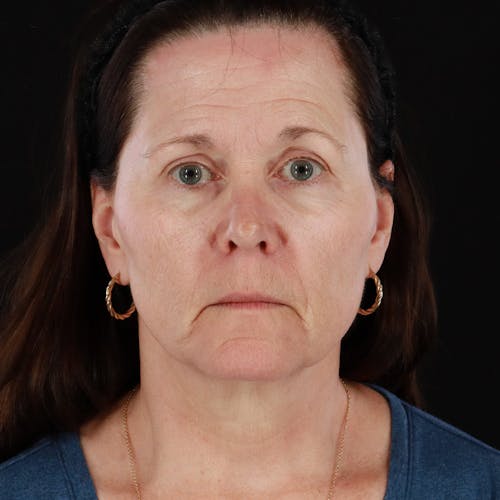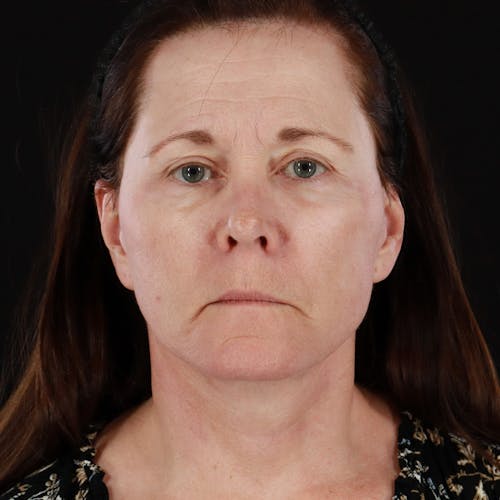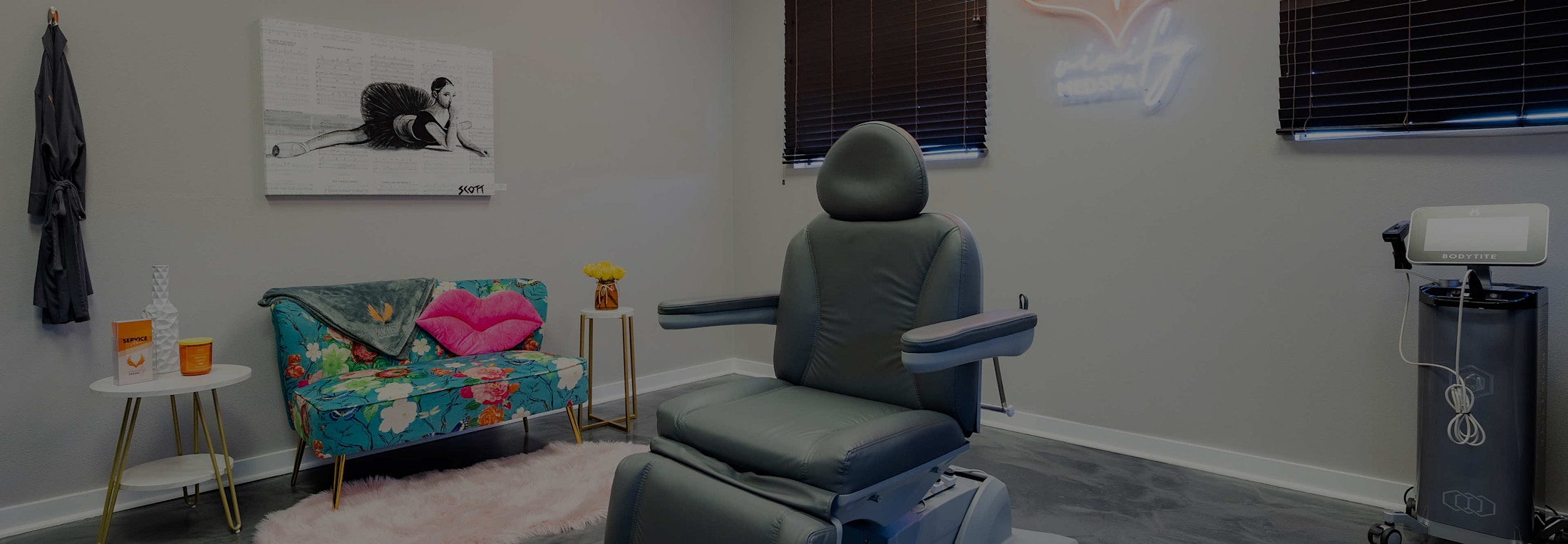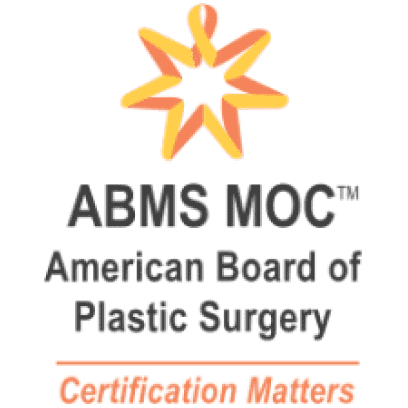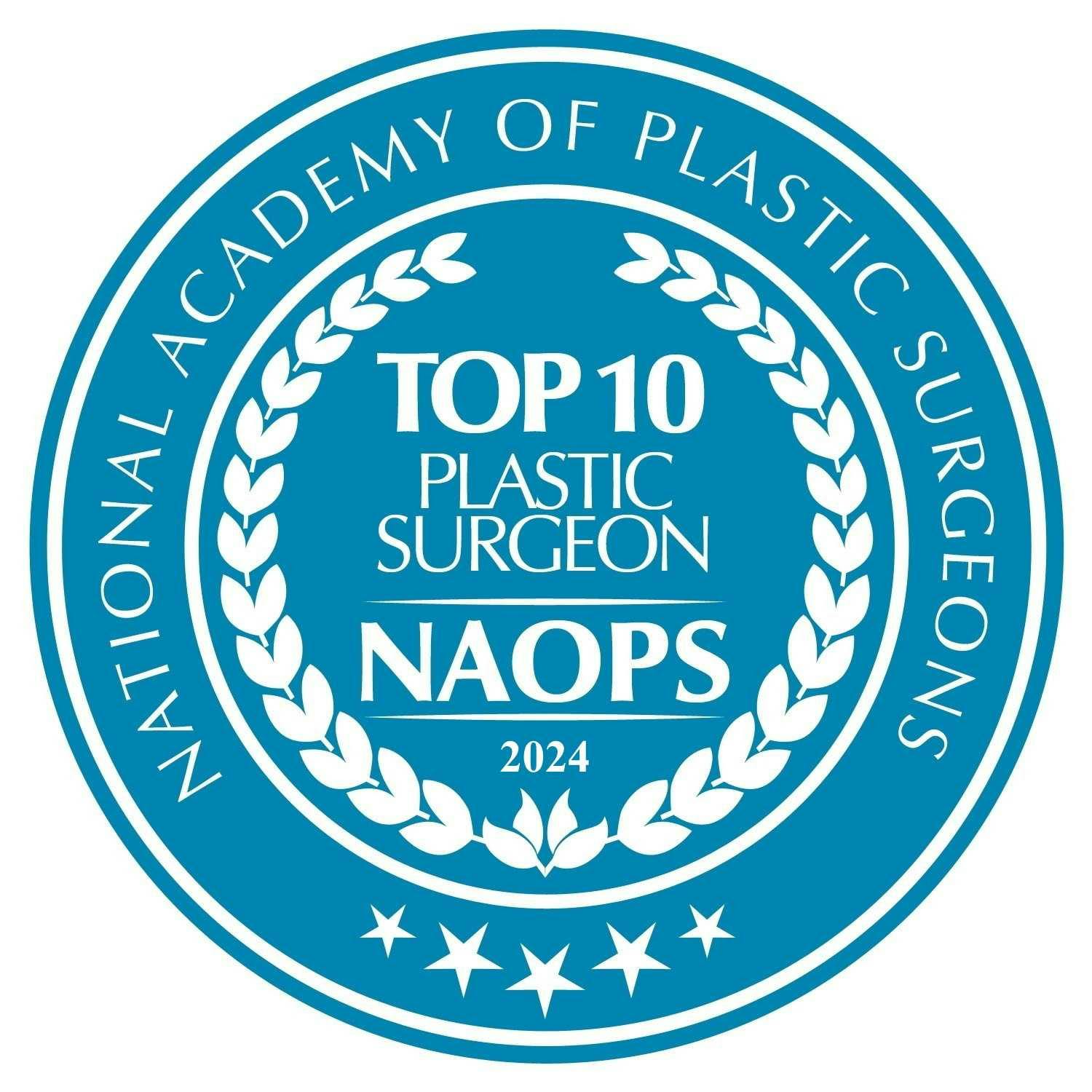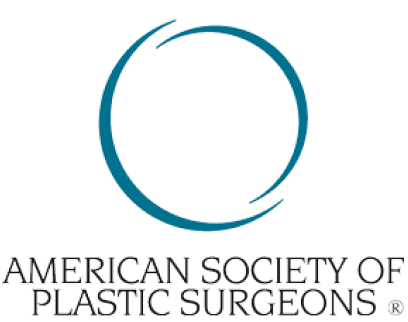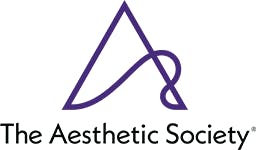What Does A Facelift in Tampa Include?
A standard facelift in Tampa includes addressing both the midface and the neck. If only one of these areas is of concern to you, then you can certainly customize a procedure to have a dedicated mini-facelift for the mid-face or an isolated necklift. A standard facelift does not include eyelid surgery or brow surgery but those can be discussed and combined with a facelift procedure if warranted. In addition, a very powerful adjunct to facelift surgery is facial fat grafting to permanently replace lost facial volume. Dr. Buchanan is an expert in facial fat grafting and often uses this advanced technique along with facial cosmetic procedures to create beautiful and natural results.



